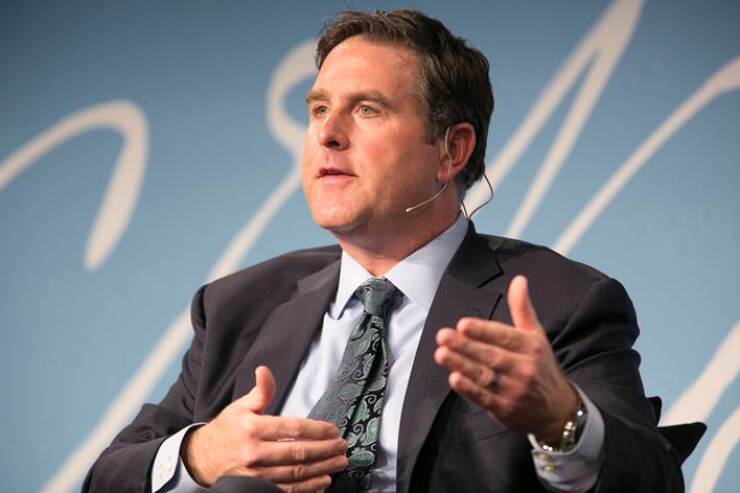Having trouble keeping up with the dizzying twists and turns of the financial advisory marketplace?
Get used to it. Advisers who don't adapt to a rapidly transforming industry will be left behind, warns Tom Nally, president of TD Ameritrade Institutional.
"You've got to be able to embrace change to survive," Nally says.
Technology, regulations, demographics, client expectations, pricing, competition and business models, are all evolving, Nally pointed out in a wide-ranging interview with Financial Planning.
"There's a huge shift going on," he says, "that advisers have been slow to embrace."
HOW TO DRIVE NET NEW ASSETS
Planners "have to adapt to a new America" that is more diverse than what they've been used to, Nally notes. And an "enormous demographic shift" is resulting in a clientele that will have very different needs and demands on advisers.

As a result, advisers will have to articulate their value range more effectively and do a better job of differentiating themselves, Nally says.
"Consumers want life coaches but advisers are still billing on assets under management," he points out. To drive net new assets, advisers must consider providing "white glove service" and "create a client experience that is worth sharing," Nally says.
"Advisers have to make sure they are engaging clients where they want to be engaged," he stressed.
AN 'EXISTENTIAL THREAT'
The commoditization of basic asset allocation and portfolio management by robo advisers is forcing planners to "elevate the value of other services," Nally says. "It's not about generating alpha any more. Clients are looking for partners."
-
TD Ameritrade Institutional’s revamped Veo platform allows planners to integrate information across third-party providers with a single sign-in.
December 12 -
Industry leaders offer personal insights for better results.
December 9 -
It's unknown how many of Scottrade's 1,000 brokers and 800 RIAs will ultimately be part of the new firm
October 24
Getting clients to pay more than the 25 to 40 basis point pricing floor set by robos represents "an existential threat" to advisers, Nally argues. The industry hasn't adjusted to new pricing realities, he adds.
New pricing models, including possibly billing on a client's net worth, has to accompany emphasis and awareness of value-added services like financial life management, comprehensive planning and specialized planning options, Nally says.
ENCOURAGING TRENDS
There's also good news for advisers grappling with how to adapt to the future.
No matter what happens in Washington and the Department of Labor's fiduciary rule, the concept of an adviser as a fiduciary is a "secular trend" that's not about to be reversed, Nally maintains.
"You can't put that genie back in the bottle, and it's a huge opportunity for RIAs," he says.
In addition, Nally noted that the RIA market is the fastest-growing in financial services.
"RIAs have a nice tailwind," he says. "The secular trends are all moving to the independent advisory channel."





